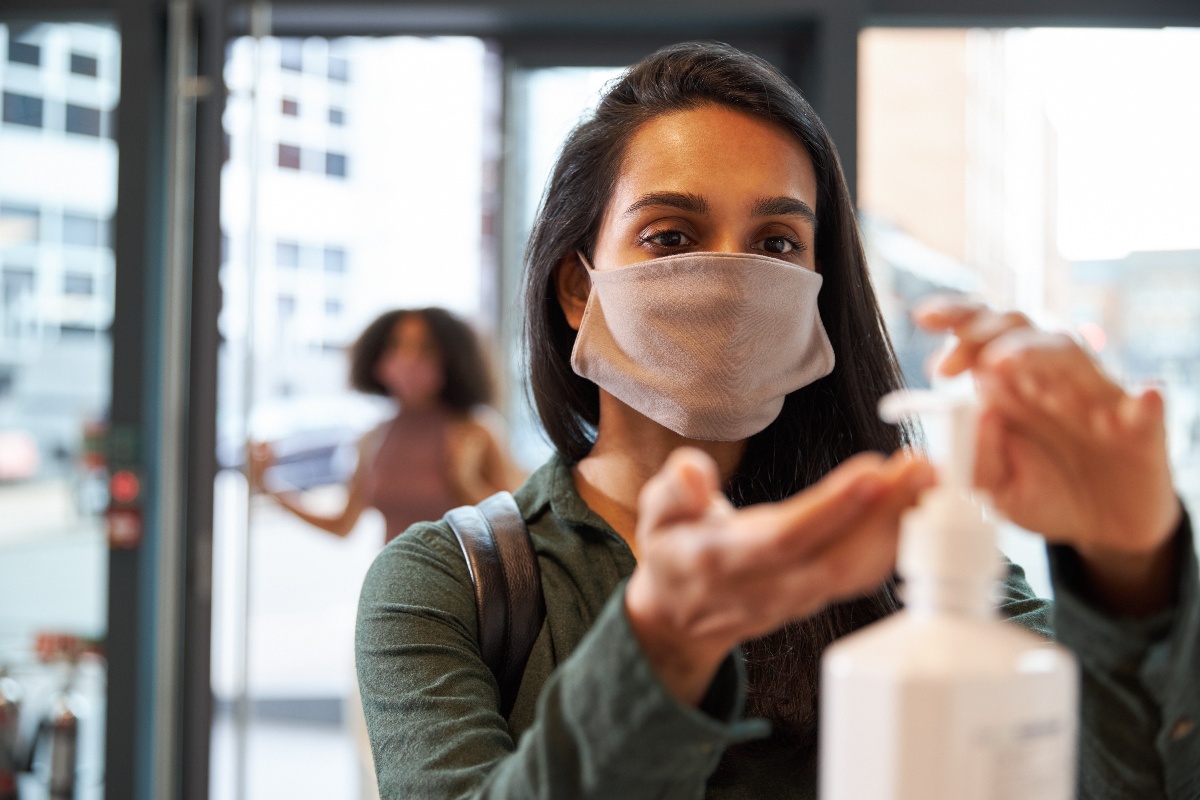The benefits of using a face to face interpreter

Interpreting Best Practice During a Crisis
Popular forms of remote interpreting, primarily telephone interpreting and video conferencing, have been the saving grace for communication support as the UK moves through the different stages of the COVID-19 response.
The benefits of remote telehealth services are well documented, but even during socially distanced times, there are still many occasions which call for a face to face interpreter to be present.
- Delivering sensitive news to a service user.
- Safe-guarding issues.
- Service user’s health does not permit the use of remote interpreting.
Sometimes, the empathetic touch of an in-person interpreter is simply necessary.
Although restrictions may be lifting across the UK, the safety of our interpreters and your clients is still paramount. So, what is best practice for face to face interpreting during a crisis?
Stronger Together
It is now clear that COVID-19 will be here to stay, in some form, for a while to come, and its presence will be most known in the healthcare sector. As of 15th June, all visitors to hospitals in England are required to use a face covering – and this includes our key worker stars, our front-line linguists.
This guidance will be in-place indefinitely and gives us an insight into how things may work for the future of face to face medical interpreting.
But for the here and now, we’ve put together our top advice for interpreting best practice under COVID-19 to secure a stronger future for the language industry.
- Maintain a safe distance when engaging with your linguist.
- Limit the number of attendees for a booking.
- If there is a possibility of COVID-19 transmission, let us know, we can ensure our linguist is prepared.
- Continuing communication to ensure no one is left out of conversations on the virus.
- Provide additional support for vulnerable communities.
And on our side, we promise to:
- Keep our linguists up to date with the latest Public Health England guidance.
- Comply with government guidelines on contact tracing.
- Providing training material where we can to our linguists.
- Offer free COVID-19 resources translated into our most requested languages.
- Keep our SaaS language management tool, Wordskii, regularly updated.
By working together, the language industry can continue to provide essential, and primarily safe, support for the NHS and the wider healthcare sector. Teamwork will most certainly make the dream work, together we can secure a strong and healthy future for us all.
If you would like to find out more about our specialised database of face to face interpreters, or what we can offer remotely, please get in touch on 0121 554 1981 or email us at getintouch@word360.co.uk.

Elliot Glynn
Aug 4, 2020Related Services
.png?width=600&height=300&name=Untitled%20design%20(2).png)
Interpreting
Interpreting is where conversations are relayed from one language to another. How those conversations are conducted is where we add value. From in person meetings to remote video interpreting including British Sign Language, let us help you find the right solution.
.png?width=600&height=300&name=Untitled%20design%20(2).png)
Interpreting
Interpreting is where conversations are relayed from one language to another. How those conversations are conducted is where we add value. From in person meetings to remote video interpreting including British Sign Language, let us help you find the right solution.
.png?width=600&height=300&name=Untitled%20design%20(2).png)
Interpreting
Interpreting is where conversations are relayed from one language to another. How those conversations are conducted is where we add value. From in person meetings to remote video interpreting including British Sign Language, let us help you find the right solution.
.png?width=300&name=Website%20-%20Featured%20Images%20%20(16).png)